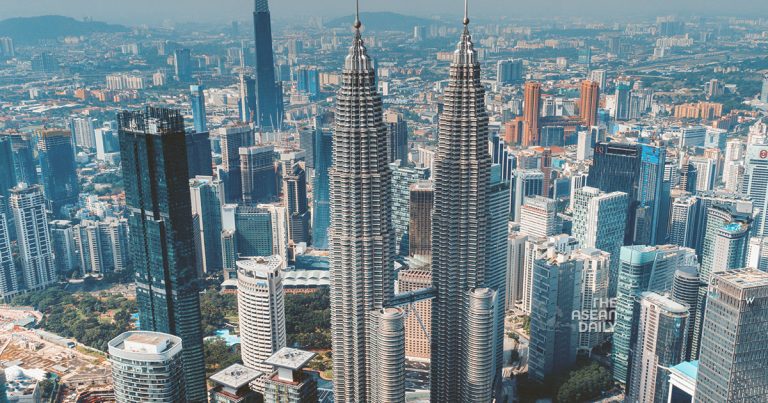26-7-2023 (KUALA LUMPUR) As voters prepare to cast their ballots in the upcoming elections in six states, Malaysia’s economic health remains a top priority for both the ruling unity government and the opposition. The states of Kelantan, Terengganu, Kedah, Penang, Selangor, and Negeri Sembilan will hold elections on August 12.
The unity government, led by Prime Minister Anwar Ibrahim, is highlighting its efforts to combat unemployment, address inflation, and attract foreign investments since assuming office in November last year. Meanwhile, the opposition is focusing on the rising costs that are burdening the public.

Helping the Urban Poor
In an effort to assist the country’s poor in increasing their income, the Ministry of Economy introduced the People’s Income Initiative (IPR) earlier this year. This initiative aims to provide the needy with vending machines to sell their homemade products, with a total of RM750 million allocated under the 2023 budget.
However, while the “fishing rod” programme has benefited some vendors, with around 100 vending machines placed in major transport hubs across cities, it still reaches only a fraction of the targeted community.

Searching for Solutions
The government is implementing various cross-ministry programs to foster entrepreneurship in agriculture, food, and services industries, with the aim of boosting the country’s economy. The energy sector is also being positioned as a catalyst for socio-economic development, with 10 flagship projects planned under the Energy Transition Roadmap. These projects, including solar and wind farms, hydrogen energy, and electric vehicles, are expected to attract significant investment and create high-paying jobs.
However, the opposition contends that the government has yet to adequately address the economic hardships faced by the people and calls for more concrete and coherent policy solutions.
Economic and Political Challenges
Prime Minister Anwar Ibrahim has been touting his administration’s economic achievements, citing a 5.6% growth rate in the first quarter of the year, higher than Indonesia, Singapore, and China. However, the country is burdened with over RM1.5 trillion in debt, posing challenges to its development programs.
Political stability is crucial for economic confidence, and the outcome of the six state elections is seen as a referendum on the unity government’s performance.
As Malaysia heads to the polls, the country’s economic future hangs in the balance, with voters closely scrutinizing the parties’ economic policies and solutions.




